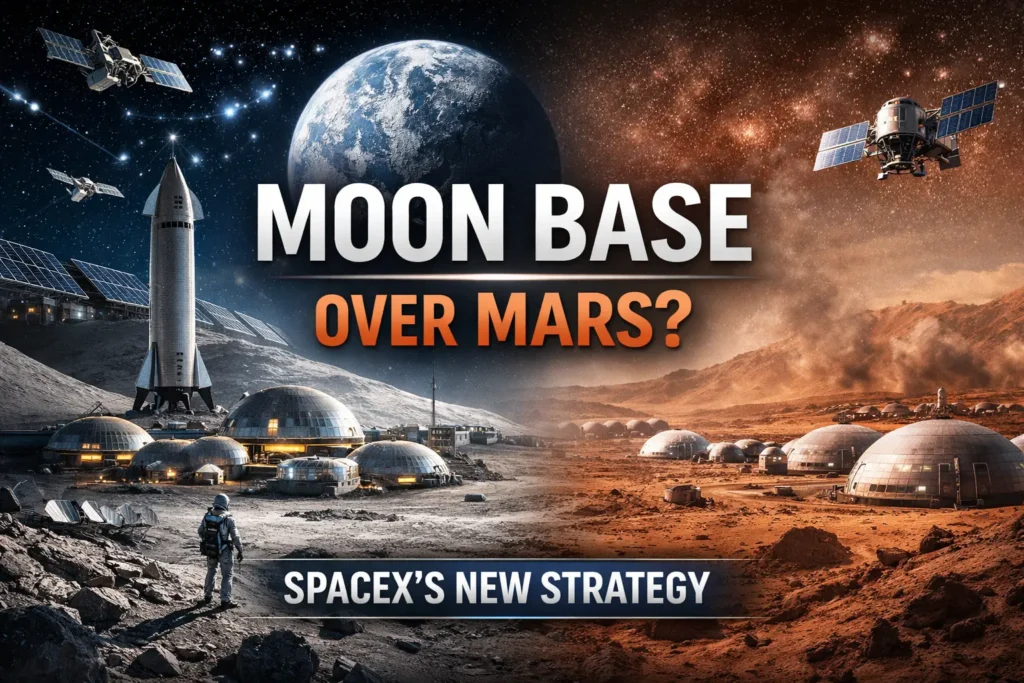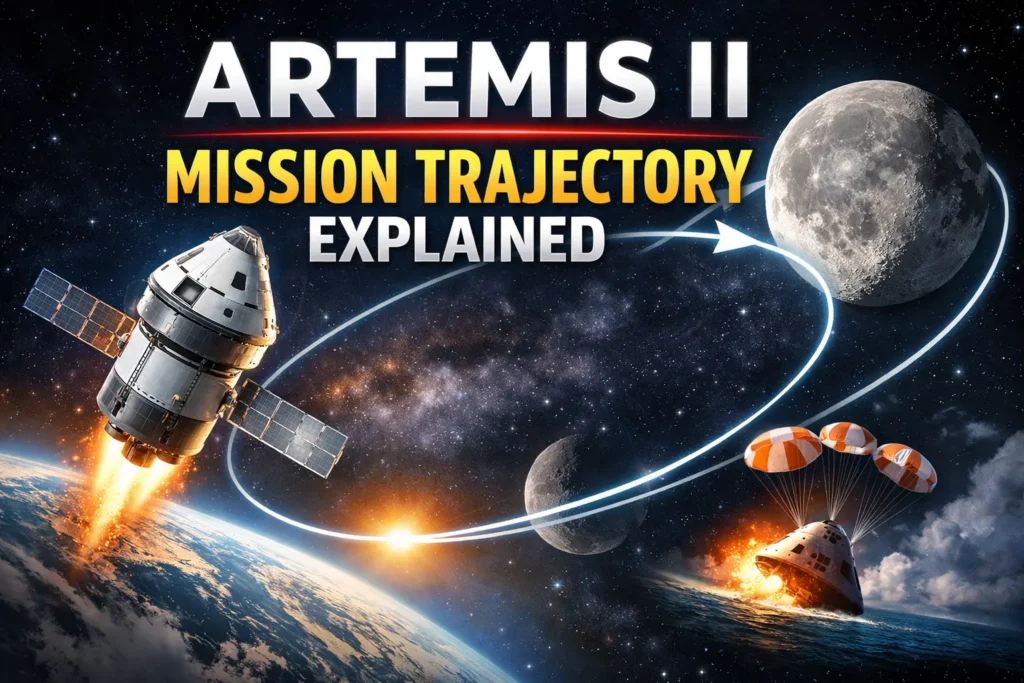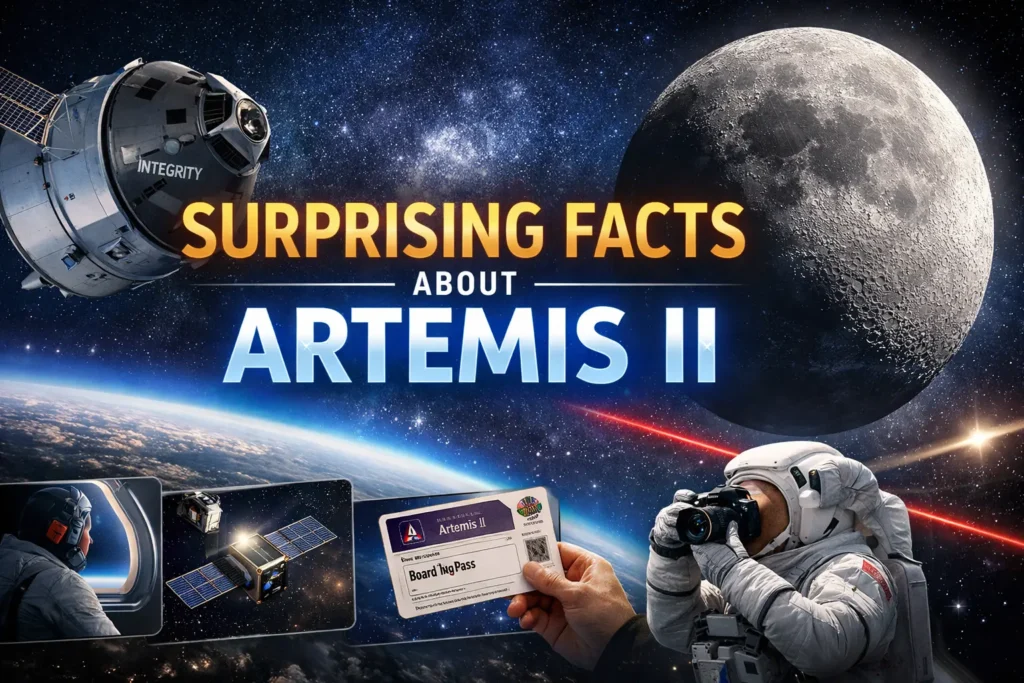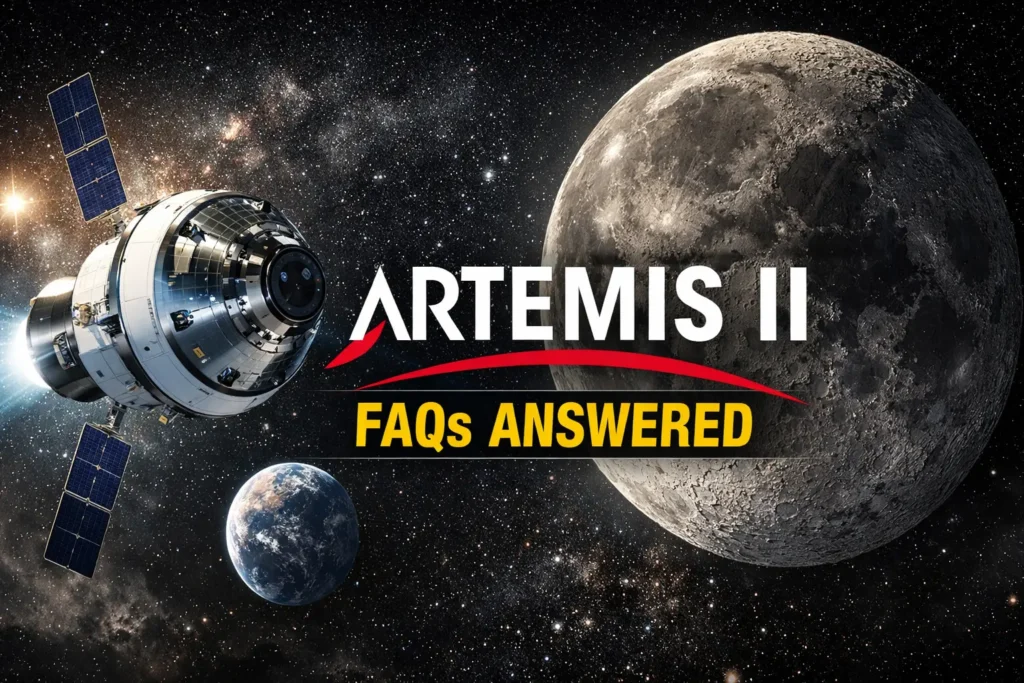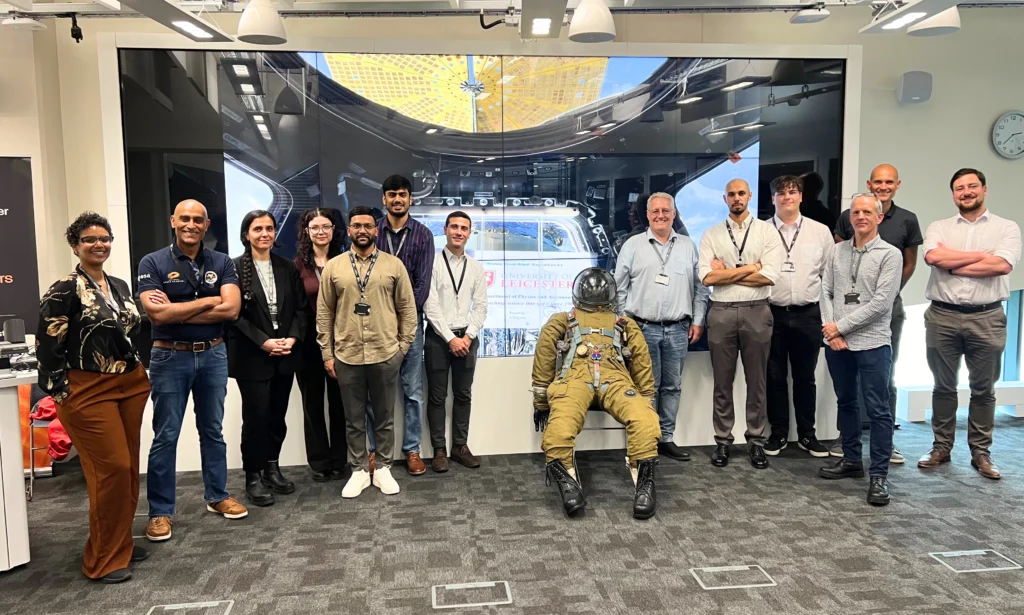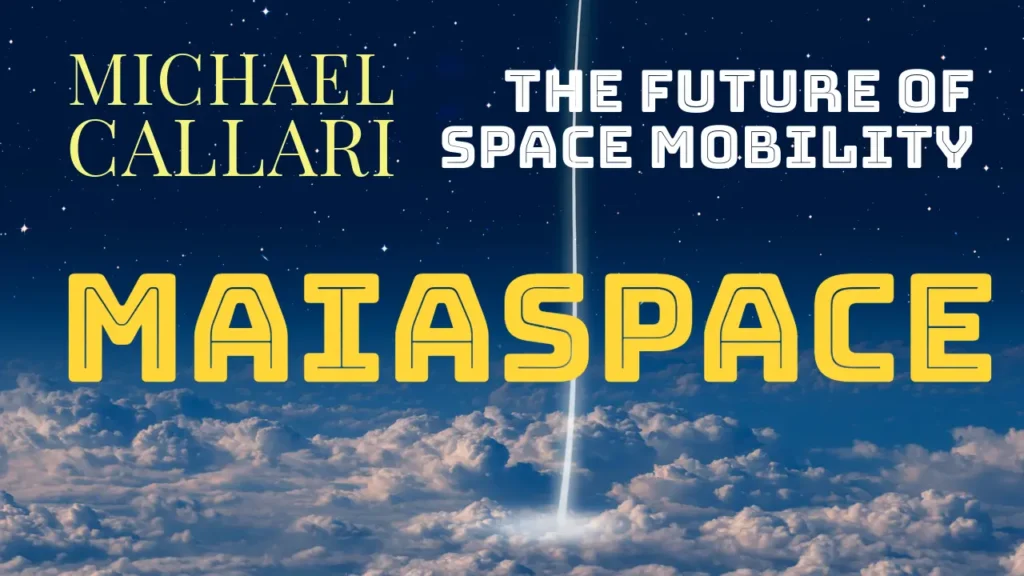
MICHAEL CALLARI
Launching the New Space Industry
Thanks to Dr. Raphaël Chevrier, Head of Communications at MaiaSpace, the SpaceInfo Club had the opportunity to interview Michael Callari, Chief Business Officer at MaiaSpace. Enjoy the read!
MaiaSpace is a relatively new player in the space industry. As the Chief Business Officer, what attracted you to join the company?
Indeed, MaiaSpace was created in April 2022. I joined this young company for several key elements. Being part of a challenging endeavor from almost the creation, joining and helping to grow a diverse and talented team was extremely motivating. The fact that reusability and sustainability are at the core of the MaiaSpace culture and embedded in the design since Day 1 is also completely aligned with my own vision and values around space activities. Last but not least, I am totally convinced with the core strategy of MaiaSpace to combine European heritage technology – we will use Prometheus engines developed by our mother company ArianeGroup since 2014 – with its own agile and innovative processes and culture of risk in a winning combination.
Innovation is a driving force in the space sector. How does MaiaSpace foster a culture of innovation, and what initiatives or projects are currently underway that showcase the company’s commitment to pushing the boundaries of space technology?
Innovation is in MaiaSpace DNA, as its objective is to design, manufacture, operate and commercialize the first partially reusable launcher in Europe, with the vertical landing of the first stage on a barge.
MaiaSpace’s launch vehicle is a two-stage launcher powered with liquid oxygen and liquid bio-methane reusable Prometheus engines, developed by ArianeGroup on behalf of the European Space Agency. Equipped with 3 Prometheus engines on the Main Stage and 1 Prometheus engine on the Upper Stage, Maia will be available in two versions, one reusable and one expendable. The reusable version, integrated in our design from the very beginning, is characterized by the recoverability of the Main Stage, thanks to the addition to the launcher of landing legs, grid fins and an attitude control system. Underlying “recovery-kit” technologies are developed and tested in the frame of the Themis reusable lower stage demonstrator, under development since 2019 by ArianeGroup and its European partners on behalf of ESA. The launcher will lift-off from the European spaceport in Kourou, French Guiana, and the Main Stage will land on a barge in the Atlantic Ocean when used in its reusable version (it’s important to note that the “recovery-kit” terminology is a bit simplistic, as making a partially recoverable launcher implies much more than simply adding kits to an expandable launcher: the launcher needs to be designed as recoverable from the very beginning). By having integrated scalable technologies (high-thrust engines, reusability technologies) which can be implemented on heavier launchers, MaiaSpace positioned itself as a potential precursor for a future competitive European modular launchers fleet.
Notice Title
MaiaSpace is an ambitious venture in the aerospace industry focused on democratizing access to space. Established with a vision to revolutionize space exploration and technology, MaiaSpace aims to make space travel more affordable, reliable, and frequent. Their approach centers around developing innovative launch systems and spacecraft that leverage cutting-edge technology and efficient engineering practices.
The company’s flagship project is a series of reusable rockets designed to drastically reduce the cost of sending payloads into orbit. These rockets are built with advanced materials and propulsion systems that ensure high performance and safety. MaiaSpace’s dedication to reusability is a critical aspect of their strategy, aiming to minimize waste and environmental impact.
Notice Title
MaiaSpace is not just about technology; it also emphasizes collaboration and partnerships. By working with international space agencies, private companies, and research institutions, MaiaSpace fosters a collaborative environment that accelerates innovation. Their mission extends beyond commercial interests, as they actively engage in educational outreach and public awareness initiatives to inspire the next generation of scientists, engineers, and explorers.In essence, MaiaSpace represents a bold step forward in the pursuit of making space more accessible and advancing human presence beyond Earth. Their commitment to innovation, sustainability, and collaboration positions them as a key player in the future of space exploration.
Drawing from your extensive experience, what trends do you see shaping the future of the space industry, and how is MaiaSpace positioning itself to adapt and thrive in this dynamic environment?
Developing reusability technologies allows to benefit from 2 launchers for the development costs of one, in order to recoup the huge investments required to develop a rocket. Indeed, Maia’s Sun-Synchronous Orbit (SSO) performance will be 500kg in reusable version (@500km) and 1.5t in expendable version (@700km), allowing MaiaSpace to be competitive on both the micro-launcher market (0-500kg) and on larger payload market. Such [0- 1500kg] smallsats market has been constantly growing in the past years, and is expected to continue its dynamic trend by reaching a global income value for launch services of c. 900MEUR per year by 2030 (this excludes e.g. Mega-constellations such as Starlink, or other opportunities not accessible to European players).
In addition, MaiaSpace develops a cost-efficient motorized kick-stage called “Colibri”. Encapsulated inside a 3.5- meter fairing, Colibri will boost the launcher’s performance by at least 1 ton (SSO) on each version while increasing mission flexibility and space mobility services offers, which is key to address for example in-orbit servicing market. Thanks to such volume under fairing, performance and flexibility, MaiaSpace’s launcher is also perfectly suited as a complementary solution to heavy launchers for the deployment and replenishment of broadband satellite constellations, notably the European Commission upcoming IRIS2 constellation.
MaiaSpace is known for its focus on sustainability in space activities. How does the company integrate environmental considerations into its business strategies and operations, and what role do you believe sustainability plays in the future of space exploration?
For several reasons, the space industry has not spontaneously placed environmental issues at the heart of its
challenges. Our first objective was therefore to invest in research to better characterize and standardize the measurement of the entire life cycle of a launcher. We now know that the materials and the type of fuel used are, for example, essential variables to take into account in the design of our product. This is why we chose to use liquid oxygen and liquid bio-methane as propellant for the Maia rocket, as its carbon footprint is lower than other propellant since it is produced from the recycling of organic waste. We have initiated and co-funded a PhD project with ONERA on the characterization of particle emissions (black carbon) of Lox/Methane in all layers of the atmosphere, especially in the stratosphere where particles tend to accumulate. More generally, we have followed an eco-design of our product since Day 1 by managing environmental impacts like any other performance indicators.
Moreover, we are also working on an in-orbit debris removal service – in synergy with our launch service activity) for the preservation of the space environment, which is another issue for which we are fully mobilized.

